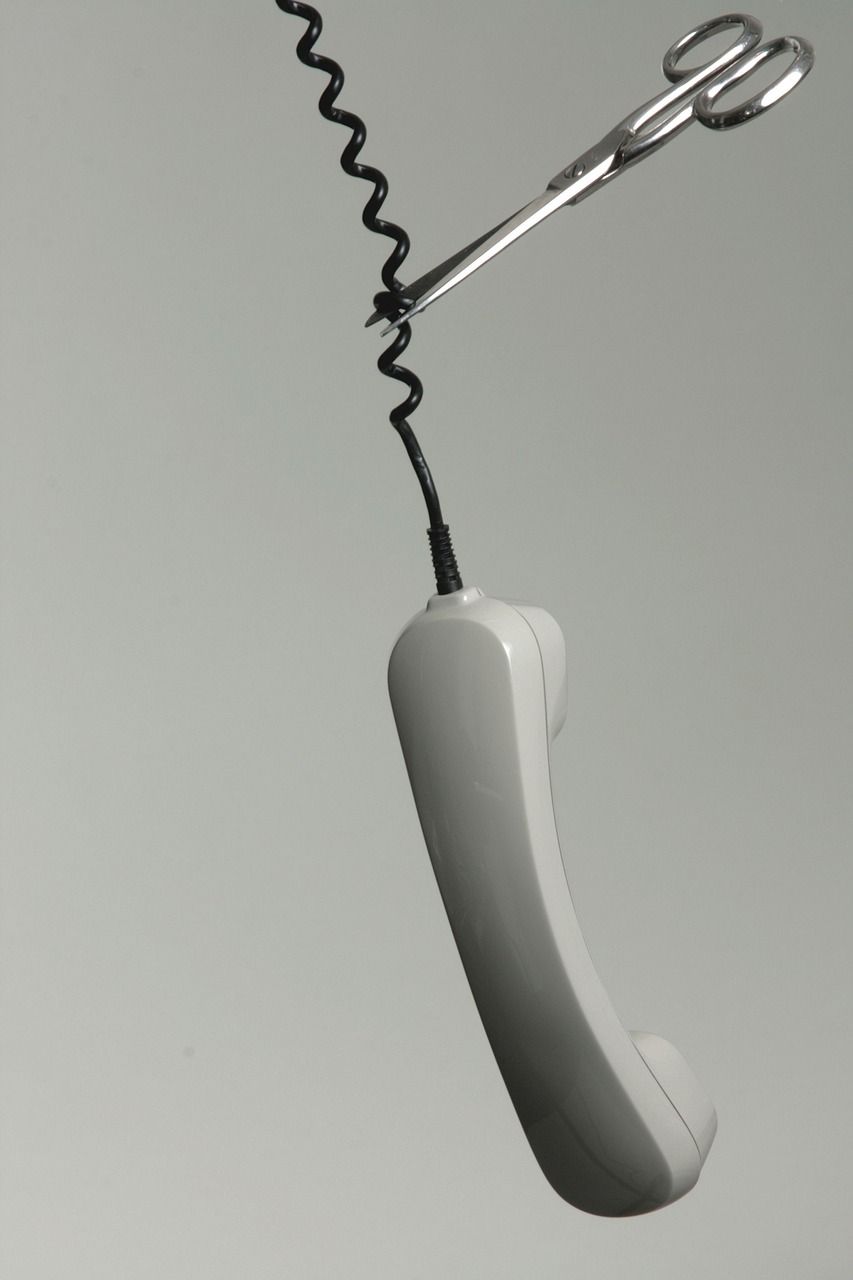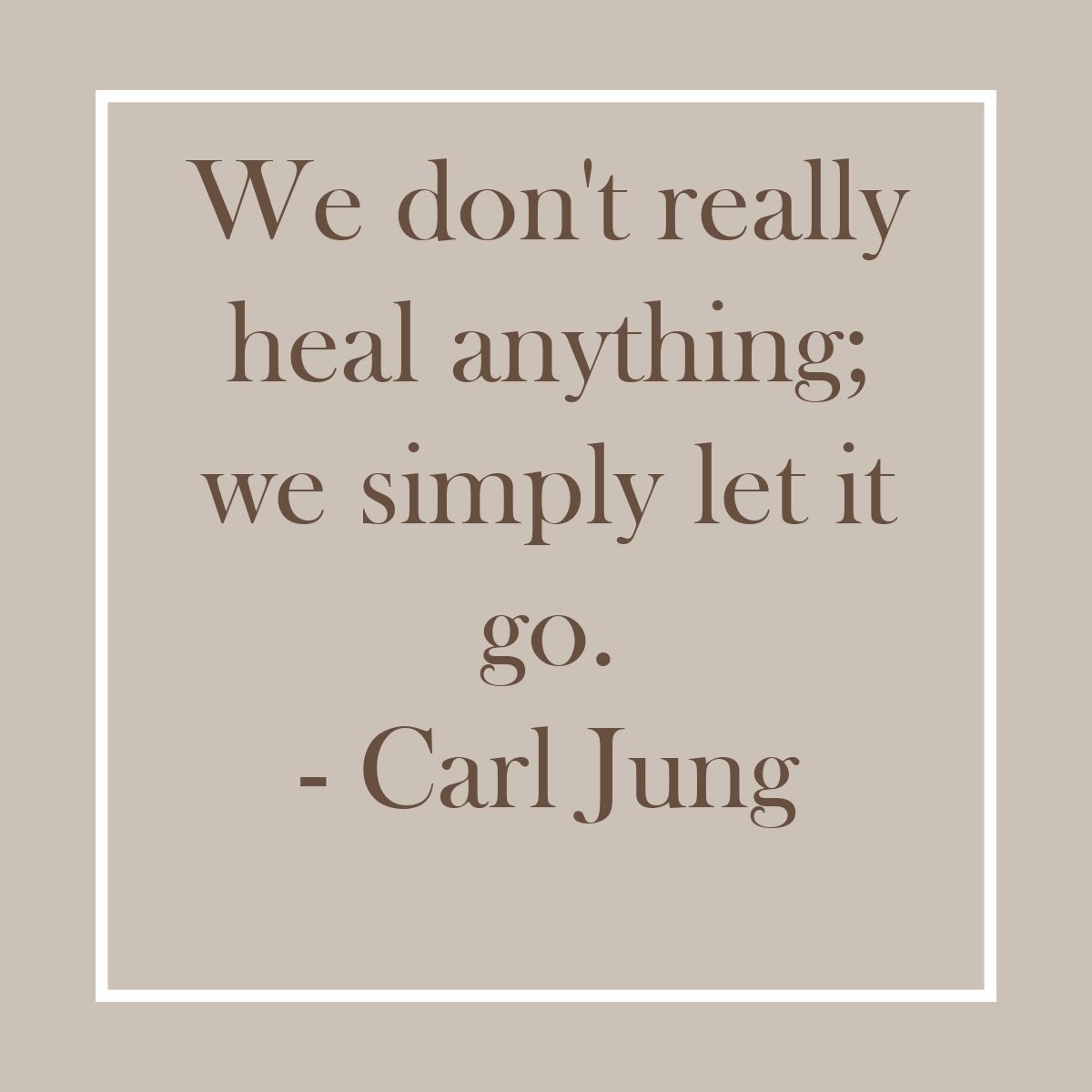5 Easy Ways to Shed the Winter Weight
Happy New Year! As much fun as the holidays were, I must say I’m relieved that the excesses of the season are finally over. As good as I am about sticking to reasonable portions of foods, I love my holiday treats, too; even my clothes were feeling noticeably tighter until the parade of parties came to an end.
So without further ado, here are the 5 most important things you can do for yourself to get on (or back on) track.
1. Clean House – the time to have an abundantly-stocked pantry is over. There’s no need to keep tins of holiday baking or gingerbread houses or bowls of chocolates or bricks of cheeses. These constant temptations around the home (or in your desk or car) are the worst form of self-sabotage. Either give it away to someone who wants it, or throw it out if you can’t find any takers. I hate the idea of wasted food as much as anyone else (though quite frankly, I don’t have as much of an issue tossing out empty-calorie junk food), but if you have trouble letting it go, ask yourself this question: would you rather it go to waste, or to your waist?
2. Don’t Skip Meals – especially breakfast. This is probably the most often-repeated piece of nutritional advice I see, so it honestly amazes me that there are so many breakfast-skippers around. Breakfast is key to revving up your metabolism for the day. Your metabolism slows down while you’re sleeping and that first meal of the day tells your body that it’s time to wake up. Skipping breakfast also means you’re likely to be super-hungry by the time you stop for a meal, and therefore likely to eat more than you should, setting the stage for the blood sugar roller coaster and weight gain I’ve explained in previous posts.
3. Use a Smaller Plate – We eat more when the plate size is bigger. It’s a fact. Go out to a restaurant these days with the enormous plates and mounds of food and recognize how much more you eat there than you would at home. Now our plates at home are unlikely to be restaurant-sized, but they can still be quite large….and we fill them up when we eat. It’s hard not to. We like the look of a full plate; when there’s a lot of empty space, our minds trick us into thinking that we haven’t taken enough food. On the flip-side, however, when we fill a smaller plate, our minds believe we have taken plenty. So try a smaller plate and see if you’re feeling satisfied at the end of the meal; chances are you’ll be comfortably full, and you’ll have saved yourself a couple hundred calories without effort.
4. Don’t Drink Your Calories – Juice, regular pop, alcohol, and any other sugary drink should be treated as a treat, not part of your regular routine. Multiple studies have shown that the body doesn’t treat calories from liquids the same way it does calories from solid foods. Food calories trigger feelings of fullness that will in turn suppress intake at the next meal. Liquid calories don’t do that. The next meal will not be any smaller than if that drink wasn’t consumed. So, you’re better off having a whole piece of fruit rather than juice. And when you want to drink, water is best, but any other sugar-free drink is better than the alternatives.
5. Have the Right Goal – Resolve to eat healthier, not to lose weight. Having the right mindset can make all the difference. A goal to lose weight just sets yourself up for discouragement if your next weigh-in doesn’t show you results right away. However, if your plan is to eat healthier, then you have the chance to succeed with each and every meal and snack every single day. You can be proud of every healthy decision you make, and have the chance to do better the next meal after you make a slip. Once you get the healthy eating under control, the weight comes off on its own.
What easy tips do you have to save calories without feeling deprived?













